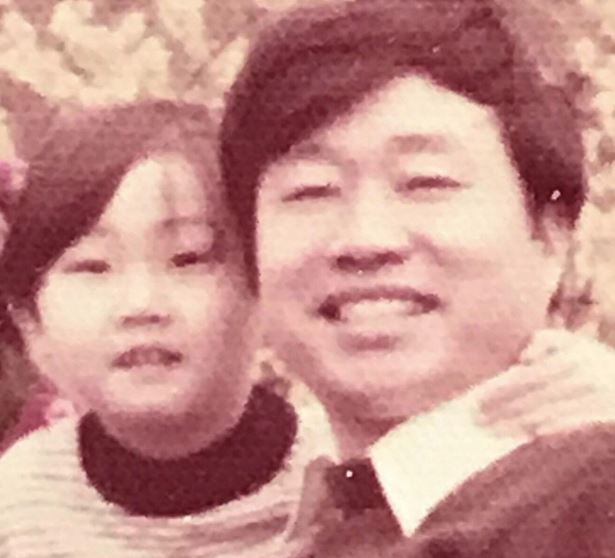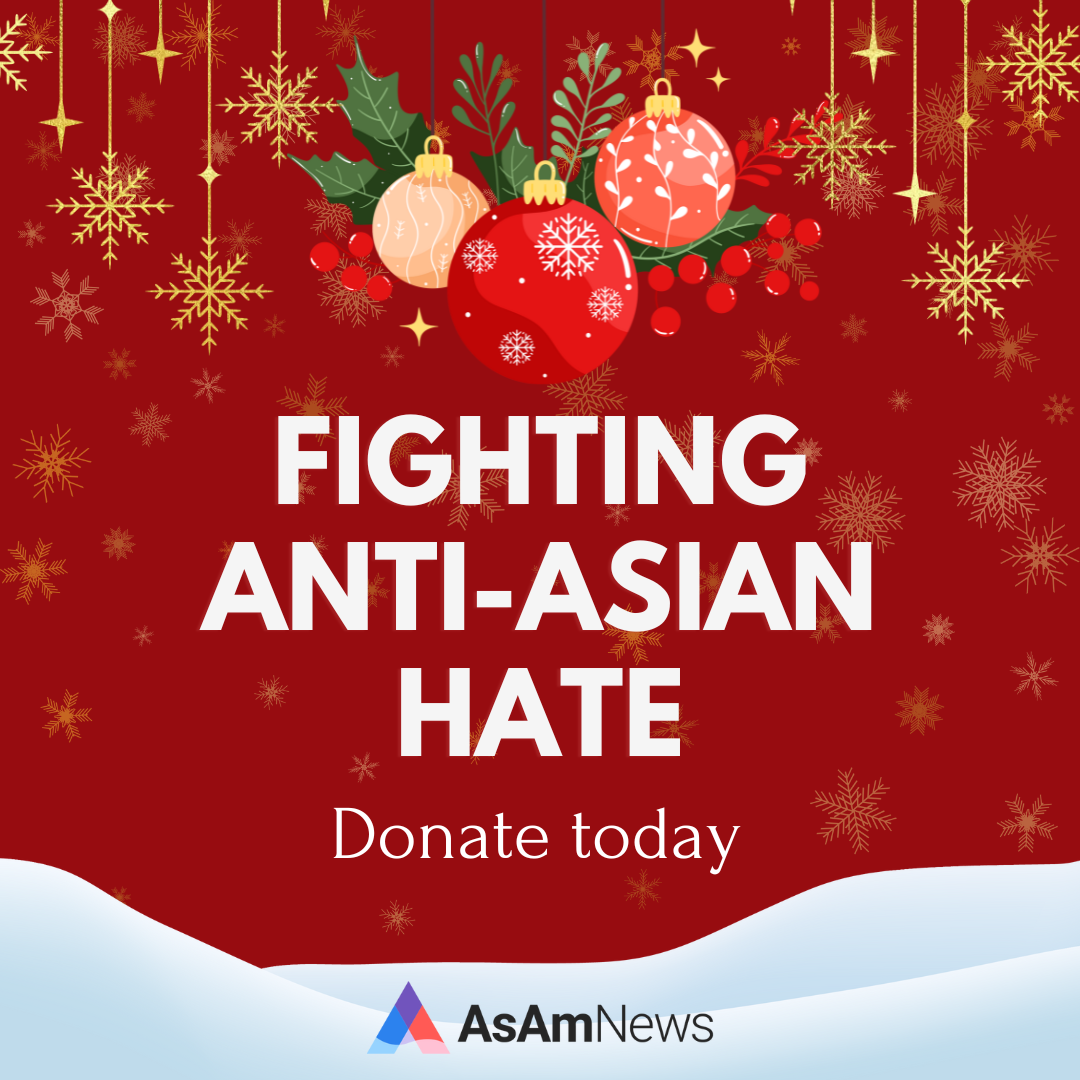By John Oh
My father, Kyu Taek Oh, passed away in 2018 after courageously fighting a terminal condition for several years, and not a day goes by when I do not have him in my thoughts. With so few real-life Asian male role-models depicted in American popular culture, it turns out that my father was the hero standing right in front of me all my life.
My father left South Korea soon after I was born in 1969 to make a better life for our family in the U.S. His first few years in New York City were extremely difficult, as he spoke very little English, and there were few opportunities during that time for newly arriving Asian immigrants. He was eventually able to bring my mother, and later my sister and me to the U.S. Not having seen our parents for several years, my sister and I did not recognize these two strangers that were hugging and kissing us at JFK Airport when we first arrived in New York.
Blessed with an entrepreneurial spirit, my father dreamed of owning his own business and eventually was able to open one of the very first Korean produce markets in the Flatlands section of Brooklyn where we lived and then later a small grocery store in the much rougher neighborhood of Flatbush.
Life was not easy in Brooklyn during the 70’s and 80’s. Those were turbulent times. On one occasion, he got into a fight with a man who suddenly rushed him at the cash register, realizing later that the man was attempting to escape from two Jamaican gangsters with guns concealed in their waistcoats. During times of tension in Brooklyn between Korean store owners and African American patrons, our family dealt with significant animosity and anger from customers. But, while some Korean stores were boycotted, our store was able to stay open because Dad hired people from the neighborhood, extended credit to loyal customers, and stocked Caribbean food products that were not sold in the local supermarkets. Looking back, those decisions were not only good for business but also fostered better community relations.
My father was raised in a very strict, patriarchal society, and old habits were hard to break. There were cultural conflicts due to the differences in traditional Korean society versus the more individualistic, liberal attitudes here. Corporal punishment was the norm in our house such that I never fully felt at ease around him, even as an adult.
The differences in raising children in just one generation are eye-opening. My two sons have never endured similar hardships, which I do not necessarily see as being altogether good, since it’s those hardships that we hope will eventually lead to resiliency and perseverance later on in life. Dad’s strict ways were tough, but I am grateful that he pushed me. He continues to serve as an example for me to always strive to do better as a father to my own two sons.
As a teenager, I had musical aspirations, but my parents never fully supported my dreams. My father just couldn’t understand how I could spend so much time playing music when I should be studying to become a doctor — my parents’ dream but not necessarily mine. So, I was shocked when he bought me my first electric guitar, a $25 sparkly, no-name, green and black, Caribbean jazz guitar from one of the neighborhood customers. Through his gesture, he showed in his own way that he did care about my happiness and passions.
So while my father was not perfect, he has shown me through his victories and struggles in this country on how to be a strong and resilient man, a good citizen, and a caring father. I remember him on Father’s Day and every day as my unlikeliest of American heroes.
AsAmNews has Asian America in its heart. We’re an all-volunteer effort of dedicated staff and interns. Check out our new Instagram account. Go to our Twitter feed and Facebook page for more content. Please consider interning, joining our staff or submitting a story.


